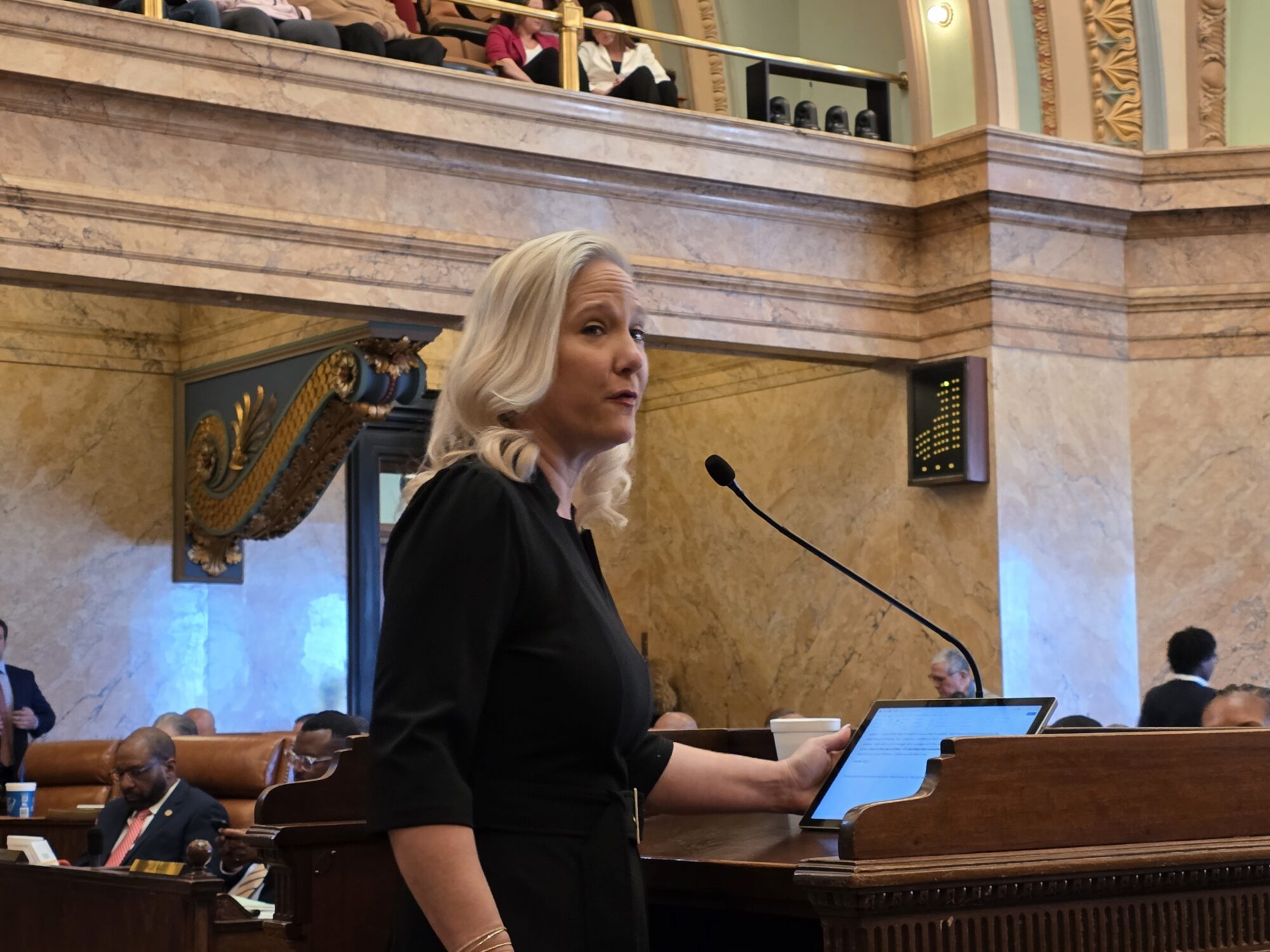Bob Woodward versus the White House
In early May, White House Counsel Greg Craig circulated a memo inside the West Wing. Part of a series of memos on protocol, it explained how to deal with writers researching books and articles on the White House. (Craig’s unsurprising instructions: Clear interview requests with the press office.) While the memo didn’t mention any journalists by name–and while there are currently no fewer than half a dozen major reporters under contract to write books about the nascent Obama presidency and the 2008 campaign, any of whom could conceivably end up embarrassing the administration–there is one person in particular the White House is undoubtedly nervous about: Bob Woodward.
Officially, the White House says it is not adopting a press strategy to respond to Woodward. Ben LaBolt, an Obama spokesman, wrote in an e-mail that the Craig memo “was not issued in relation to any inquiry related to a specific reporter or author.” Still, there is reason to think that Woodward might make the administration particularly anxious. “Every White House is wary of Woodward, ” says New York Times White House correspondent Peter Baker, who worked alongside him at the Post. What’s more, Obama’s White House is known to hate process stories, exactly the sort of exhaustive, in-the-room descriptions of high-level debates at which Woodward excels. And, even worse, Woodward has some extra motivation to fill his next book with big scoops. His fourth and final Bush book, The War Within, sold just 159,000 copies, according to Nielsen BookScan, far below his third Bush installment, State of Denial, which sold more than half a million. “The last time I talked to him about books, earlier this year, he had been lamenting the fact his last Bush book didn’t sell as well,” one of Woodward’s friends told me.
And an especially hungry Bob Woodward is especially bad news if you’re one of the people being written about. “Good luck,” another Woodward friend told me when I asked if the White House will succeed in keeping Woodward out. “If you want to hide things from Bob, it always comes out. It always does.”
The New Republic
6/1/9







